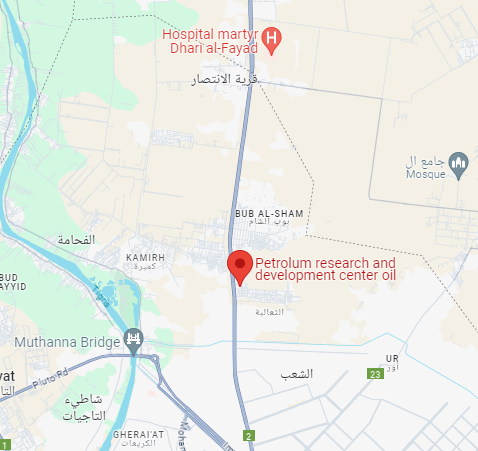Preparation of biokit to treatment the Petrol spots in water
DOI:
https://doi.org/10.52716/jprs.v8i3.226Keywords:
Preparation, biokit, treatment, petrol spots, waterAbstract
Microorganism isolates used in plant protection were obtained from the College of
Agriculture / University of Baghdad. Its purity was assured. The microbial biokit was prepared
through using several unsatisfactory and environmentally friendly isolate. The bioactivity of
biokit were studied in laboratory and showed susceptibility in removing contaminants. The
results showed that the biomass of the isolates prior to the loading process on a medium
containing crude oil as a single carbon source of 5 g/ L, which indicates growth ability and
efficiency in the decomposition of pollutants when increase the isolates biomass more than 3 g /
L, as well as the appearance of turbidity in the media compared to the control sample (media
without oil), and obtained bioemulsifier with a concentration of 2.3 g / L. The chemical analysis
of the samples under study was carried out using Gas Chromatography (GC) and GC-MS
compared with a non-treatment (control).
The results showed the appearance of 43 topographic peaks each indicating a chemical
compound in the control sample, while a number of these peaks disappeared and a space was
reduced in other peaks that refers to the concentration of compounds, in the biomass sample, and
reached the number of peaks in 26, indicating the efficiency of the biokit in the oil
decomposition and dismantling of hydrocarbons. The increase in the number of live
microorganisms and the incubation period is more than 28 days by increasing the growth
intensity in the third week may be due to decomposing oil compounds and their exploitation in
nutrition, where crude oil provides a source of carbon and energy for microorganism’s isolates.
In other results showed that the mass of crude oil was converted to a mass of gel and
emulsification compared to the control sample after seven days period at a temperature of 28±
2°C, Which is characterized by low toxicity and easy decomposition and reduces the surface
tension of hydrocarbons and makes them more solubility and preparation for the dismantling of
life and increase the rate of disintegration. The biokit was tested for retention in storage
conditions for a period of one year.
at alone prior to the production of the biokit, which showed poor storage capacity. We conclude
that biomass has the potential to treat hydrocarbons (oil contaminants) in the environment.
Downloads
Published
How to Cite
Issue
Section
License
Copyright (c) 2020 Marwah Th. Abdul Sattar, Dr. Labeeb A. Al-Zubaidi, Zahraa Z. Farhan

This work is licensed under a Creative Commons Attribution 4.0 International License.














